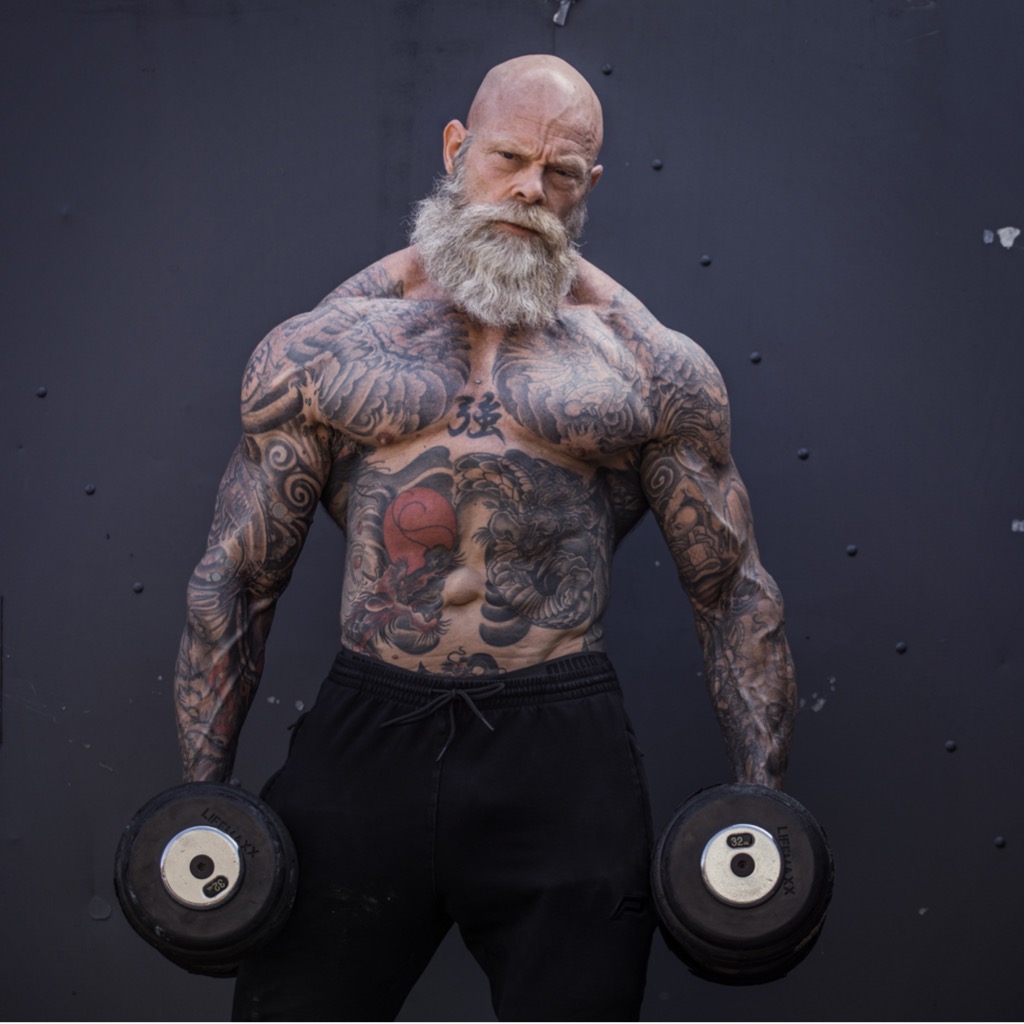Wolv3rus
Level 3 Valued Member
So lately I went down the rabbit hole of David Goggins again, I'm sure he doesn't need an introduction on here.
I'm especially impressed by his seemingly never ending workouts:
Running at least 7 miles (11.2km) every single day, 4x per week calisthenics + weights, daily 2 hours of stretching ...
It reminded me of Jocko Willinks similar workout routine (cycling push, pull, hinge and squat in the morning and BJJ/surfing in the evening, every single day.)
Both famously only RARELY take rest days, Goggins probably never.
I'm currently on @Tim Almond 's double kettlebell C&P plan and really enjoying it and 1-2x per week BJJ, but after fixing my diet recently and adding some supplements, I have more energy than ever before and don't know where to put it.
I'd like to go to the gym more and work on hypertrophy (mainly legs and abs) but don't really know how to program that, so it doesn't interfere with my other training.
What are some ways you could integrate a similar mindset/work ethic?
I'm especially impressed by his seemingly never ending workouts:
Running at least 7 miles (11.2km) every single day, 4x per week calisthenics + weights, daily 2 hours of stretching ...
It reminded me of Jocko Willinks similar workout routine (cycling push, pull, hinge and squat in the morning and BJJ/surfing in the evening, every single day.)
Both famously only RARELY take rest days, Goggins probably never.
I'm currently on @Tim Almond 's double kettlebell C&P plan and really enjoying it and 1-2x per week BJJ, but after fixing my diet recently and adding some supplements, I have more energy than ever before and don't know where to put it.
I'd like to go to the gym more and work on hypertrophy (mainly legs and abs) but don't really know how to program that, so it doesn't interfere with my other training.
What are some ways you could integrate a similar mindset/work ethic?

